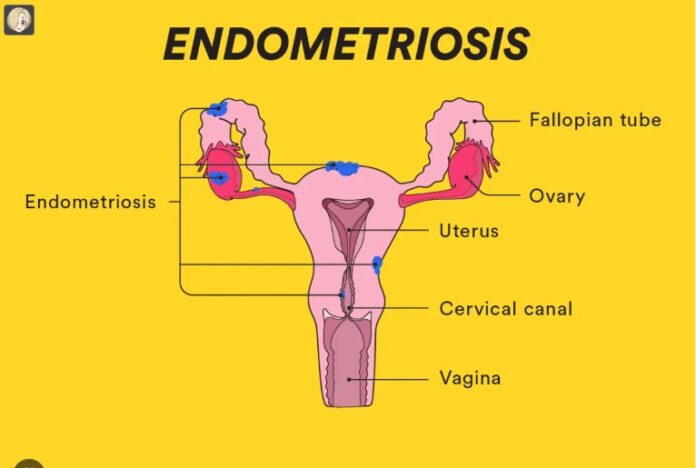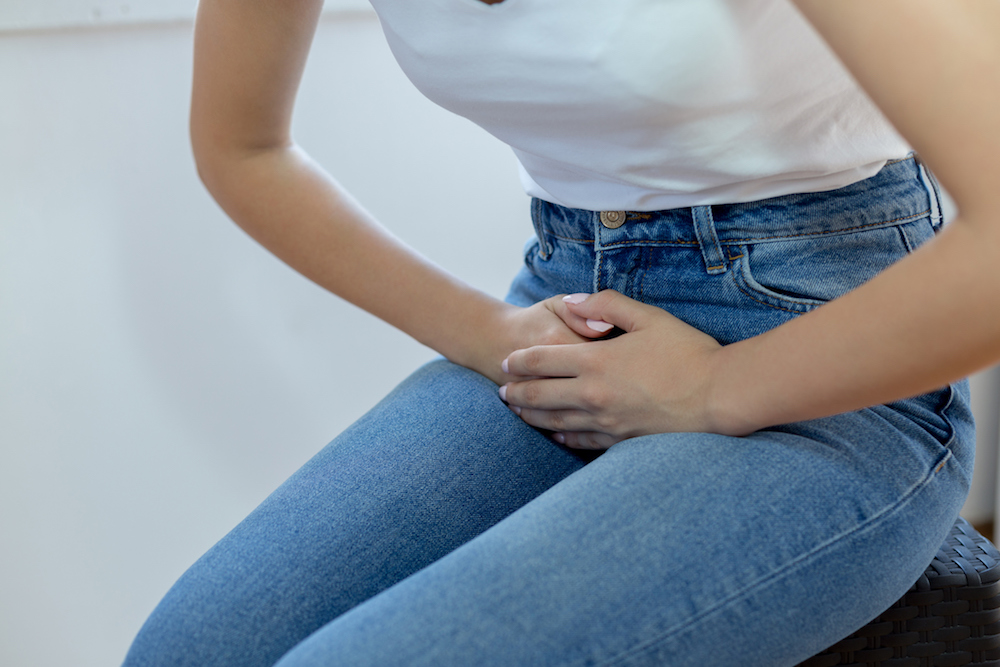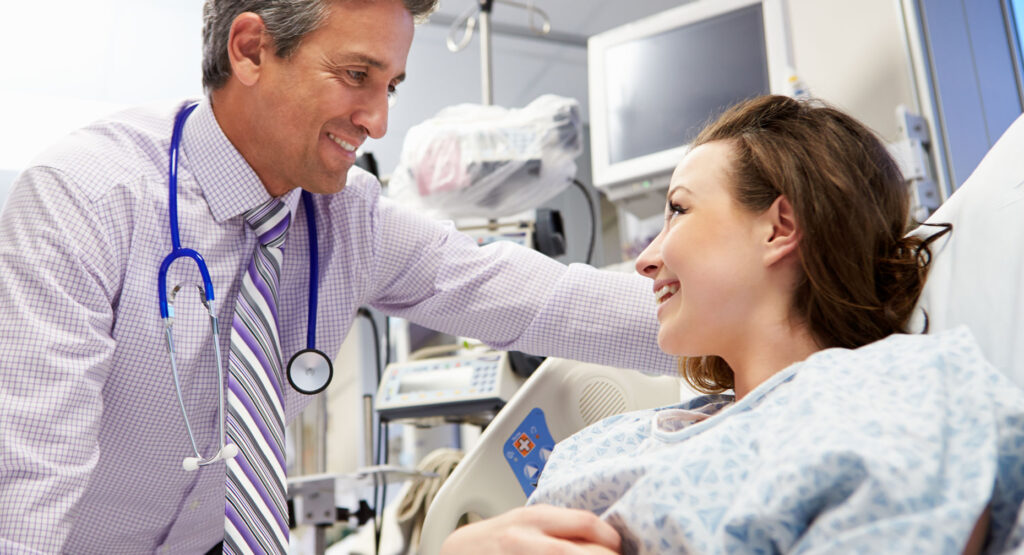
Endometriosis is a condition that affects females where cells similar to the endometrium lining grow outside the uterus. It can occur in any body part but mostly affects the pelvic region and lower abdomen. Endometriosis may or not cause symptoms. The common symptoms of endometriosis include heavy periods, painful periods, pain during sexual intercourse, pain with bowel movements or urination, and infertility.
The severity of your pain may not be a definite indicator of the extent of your condition. There is no cure for endometriosis, but Jackson Heights endometriosis treatments can help manage your condition. Endometriosis is associated with many myths and misconceptions, and below are some.
Endometriosis always causes pain

Not everyone with endometriosis experiences pain. Some individuals do not show any symptoms. You might not know you have endometriosis until you have tests to determine why you are having trouble getting pregnant. Endometriosis can also increase the chances of miscarriage and other pregnancy issues.
Endometriosis improves after menopause
Although symptoms of endometriosis mostly occur during menstruation, in some, they last after monthly cycles end. Even after menopause, your ovaries continue to produce small amounts of estrogen. Endometriosis growths may continue responding to the hormone, causing pain. Menopause may improve endometriosis symptoms in some women, but it does not relieve all. You can opt for a hysterectomy to ease the pain if your symptoms continue even after menopause.
Heavy periods are the only symptom of endometriosis
Sometimes you may assume a heavy period to be a normal part of menstruation, but it can be a symptom of endometriosis. Pain is another common symptom of endometriosis. Pain happens because when the endometrium-like tissue grows outside your uterus, it continues to respond to hormonal signals, producing chemicals that cause inflammation and pain. You may also experience pain during sexual activity when the displaced tissue pools near the pelvic organs.
A hysterectomy can cure endometriosis

Although hysterectomy relieves endometriosis symptoms in many women, the condition can recur after the surgery. A hysterectomy involves removing your uterus and ovaries. Symptoms can continue if you have endometrial lesions present outside of your uterus. If you have endometriosis lesions in your bowel or other organs, your symptoms will continue even after your ovaries are removed.
Endometriosis only affects the female reproductive organs
Endometriosis lesions mostly develop in the pelvis and lower abdomen but can happen anywhere in your body. In most women, endometriosis does not affect the reproductive organs but occurs inside the abdomen on a surface known as the peritoneum. But it can happen in any part, including the lung lining and the brain, where it causes seizures when you are on your period.
You cannot get pregnant if you have endometriosis
Although endometriosis is among the leading causes of female infertility, it does not cause fertility problems in all women. Some women with endometriosis conceive without any treatment. If your endometriosis causes infertility, your doctor can develop the best treatment for you to help restore fertility.
Endometriosis is a condition that affects females where cells similar to the endometrium lining grow outside the uterus. It is treatable, so do not let the myths and misconceptions stop you from seeking medical care. Schedule an appointment at Raveco Medical for endometriosis to relieve your painful symptoms.








